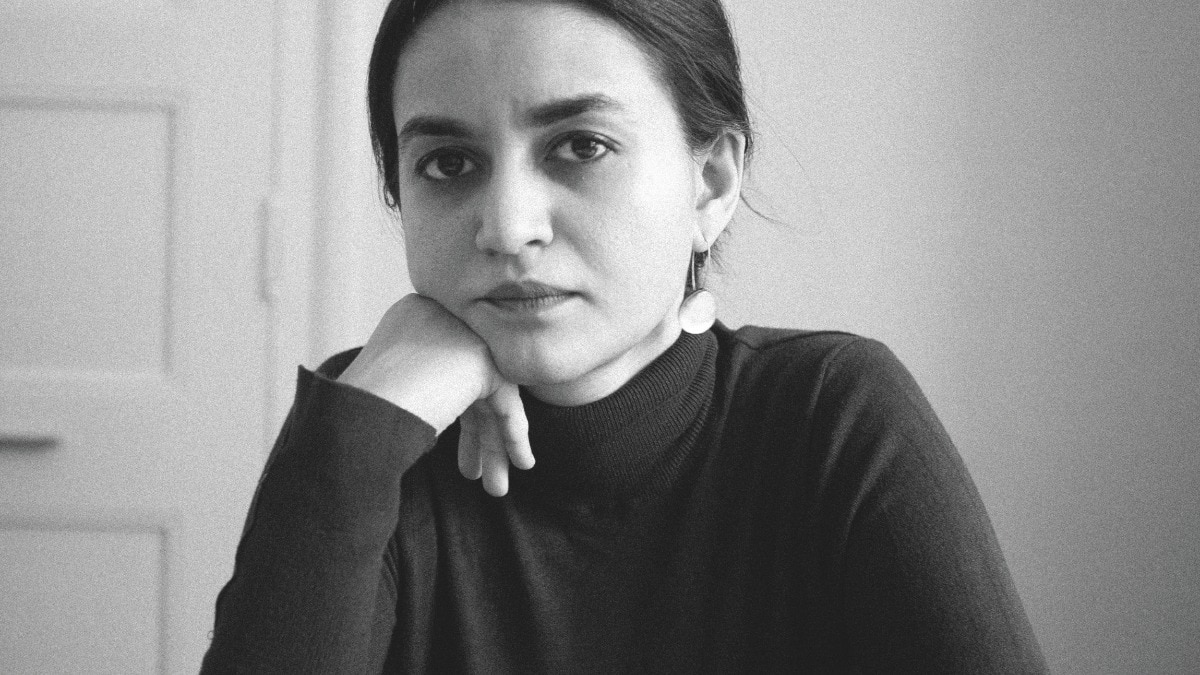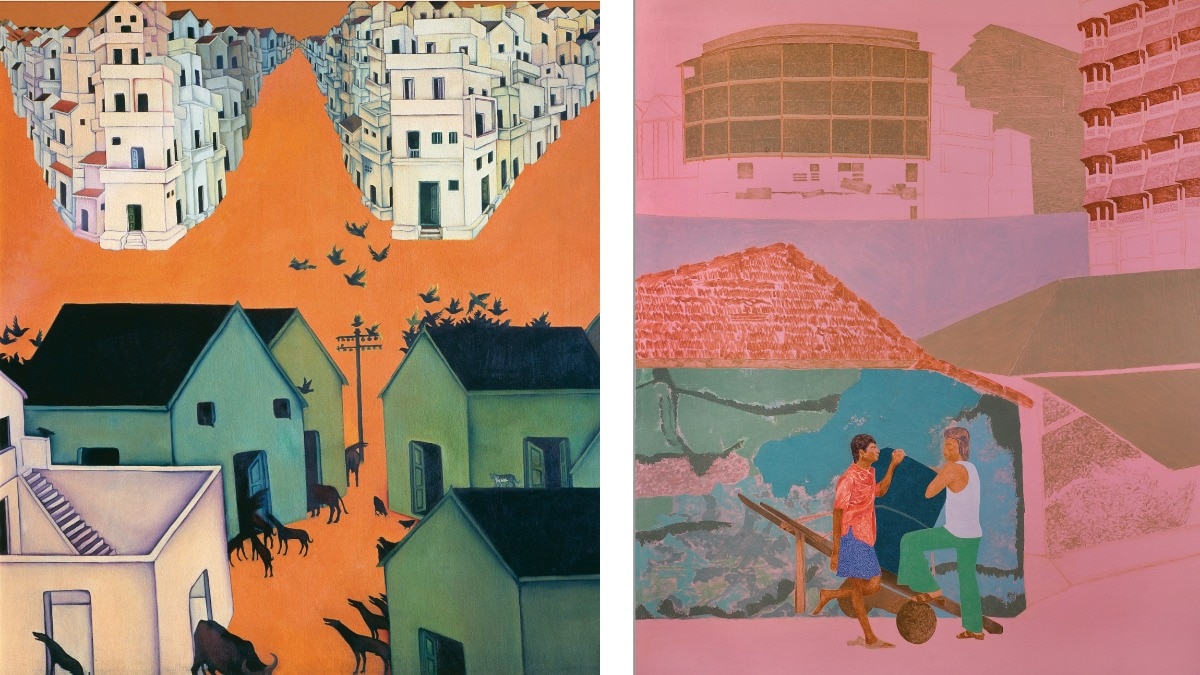
Director's cut: Kabir Mehta on adopting a collaborative process and crafting immersive, experiential films
In this last part, of this four-part series, Mehta talks about his craft and what inspires it.


When Kabir Mehta decided to venture into film-making after college, he faced a dilemma. In Mumbai, he had multiple paths to consider: mainstream Bollywood, arthouse films—though he found them hard to connect with—and the allure of advertisements, which held little interest for him. His true passion lay in creating a compelling film, yet he felt somewhat adrift. Determined to forge his own path with limited resources, he “sort of stumbled upon” his first short.
“Both Sadhu in Bombay (2017) and Buddha.mov (2017), and even Class (2023) for Netflix, were a culmination of my experiences in my 20s,” Mehta reflects. “During my travels, I encountered a fascinating ascetic in Varanasi. It sparked an idea: what if you placed this endearing yet somewhat misogynistic sadhu in an urban setting, transforming him into a blue-collar shaman?” Developing the portrait of the sadhu for his debut short, Mehta drew parallels between asceticism and film-making. “Filmmakers, too, can be biased, manipulating reality for their own ends. I sensed that tension would make an intriguing film while allowing me to explore my relationship with Mumbai.”

With his distinctive, self-evident style, Mehta expanded his format. “During a spontaneous trip to Goa to film a cricket tournament, I found myself interacting extensively with 27-year-old cricketer Buddhadev Mangaldas,” he recounts. “I was surprised by Buddha’s awareness of the camera, way before the social media boom. He envisioned a high-octane, MTV-style feature on a sports celebrity while I aimed to explore his masculinity juxtaposed with technology.” The collaborative process and sense of authorship fascinated Mehta, leading to a film that largely fictionalised Mangaldas’ life. “And Class emerged as a by-product of these projects.”
Mehta’s passion lies in crafting immersive, experiential films, and series that trace personal journeys. “I really enjoy character studies and portraiture,” he admits. As a filmmaker who can both shoot and edit, Mehta typically operates without a large crew. However, Class presented a different challenge. “I was brought in for Class due to my stylistic approach. Growing up in Delhi, I had encountered the privileged demographic that the series aimed to authentically portray, with a keen eye for design and sophistication. Class helped me marry my work with something bigger and more commercial.”
Undecided between independent film-making and larger studio productions, Mehta finds appeal in both for distinct reasons. “My independent films allow for a more intimate relationship with the camera, like that of a painter with a brush. Larger productions tap into the grand tradition of cinema, I think—go big or go home—a blend of art and commerce that is deeply rooted in cinema’s DNA.” Mehta reflects on his early work, which he now considers somewhat nihilistic. “The world craves more life-affirming art, and perhaps I do too,” he muses, embarking on a journey to infuse his unique twist into his future projects.
All images: Amitava Saha
This article originally appeared in the Harper's Bazaar print June-July 2024 Issue.
Also Read: Director's cut: Kabir Khan on crafting authentic narratives that blend politics with humanity
Also Read: Director's cut: Jasmeet K Reen on seeking authenticity through her stories










